Do you travel and pick up souvenirs from everywhere you visit? Do you think about whether the product has been created in an ethical way? Do you consider the economic impact that comes from souvenir shopping? Continue reading to explore the world of ethical souvenir shopping and find out what you need to know.
Ethical souvenir shopping is so important because by purchasing an ethically sourced and made product, we can support the local community through monetary means. This way we can also protect endangered species from being killed solely for the purpose of making souvenirs for tourists.
Want to know what to look out for when buying souvenirs at your next travel destination? Learn about what to avoid when you are a conscious ethical shopper. Know the reasons behind why people buy souvenirs and the ethical issues that exist within the tourism industry.

The Importance Of Ethical Souvenir Shopping
Ethical souvenir shopping means that you are buying a sustainable and culturally appropriate souvenir. You know the history and meaning of the item and see value in it. You are not buying a fake or something that has harmed nature, animals, or people in the process of its creation.
A lot of cultures use natural products from animals and nature as part of their rituals and practices, which we can find interesting, but that does not mean it is ethical to purchase souvenirs that are made from these things, we can leave it to the locals to use in their traditions instead.
There may be both ethical and unethical souvenirs out there, and you may never know for sure what you are buying, as it is an unregulated field. However, do your best to ask questions and use your discernment when purchasing souvenirs.
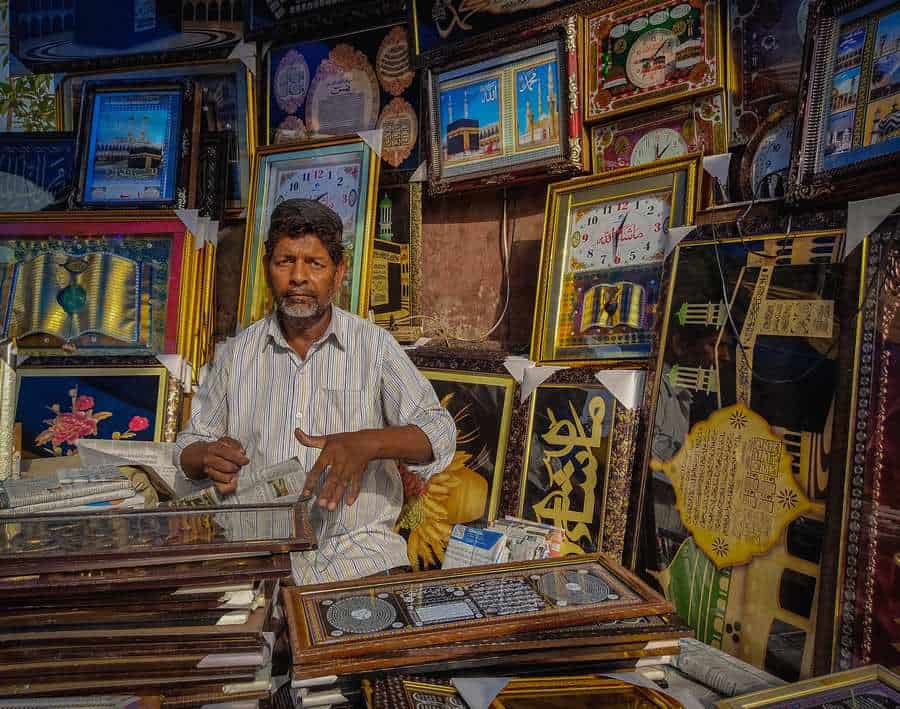
In the first place, you should be asking yourself why you are buying a souvenir. Is it for yourself to have as a symbol to remember your travels by? Is it to support the local artisan who has been kind to you, and you see so much value in his art? Is it because you said you would get your family members a gift?
There is no wrong or right answer to this, but it is important to buy things in an ethical way if you can, for the benefit of all. It can be great to have physical possessions but know that you do not have to buy something from everywhere you go.
Special moments will always remain in your heart. Travel is all about the experience and living in the moment.
What To Look For When Shopping Ethically
Check That It Is Ethically And Locally Made
Try to buy things that are made by local artisans and producers, therefore, getting a souvenir from the closest source possible instead of it passing through many hands. In that way, you support the person, family, or group directly as they get monetary exchange from the souvenir that they have made with their own bare hands.
Buying a souvenir from a local artisan generally means it has been made with care and love and is of high quality compared to something that is made in mass production. In addition, because of the lack of hands, the product has been in, there is likely to be less of an impact via transport vehicle emissions, which is better for the environment.
Ensure that the souvenir has been made from sustainable and ethical products, such as not buying endangered animal skins or fur or rare natural products.
Pay A Fair Price
It is common to bargain for souvenirs in many countries. However, it is important to pay a fair price, not just aim to get the cheapest price possible. Many locals that make souvenirs rely on tourists to buy their products in order to make a living. Be fair and see the value of what someone has made.
Know that what you pay can make a huge difference to the quality of life your family may be able to have.
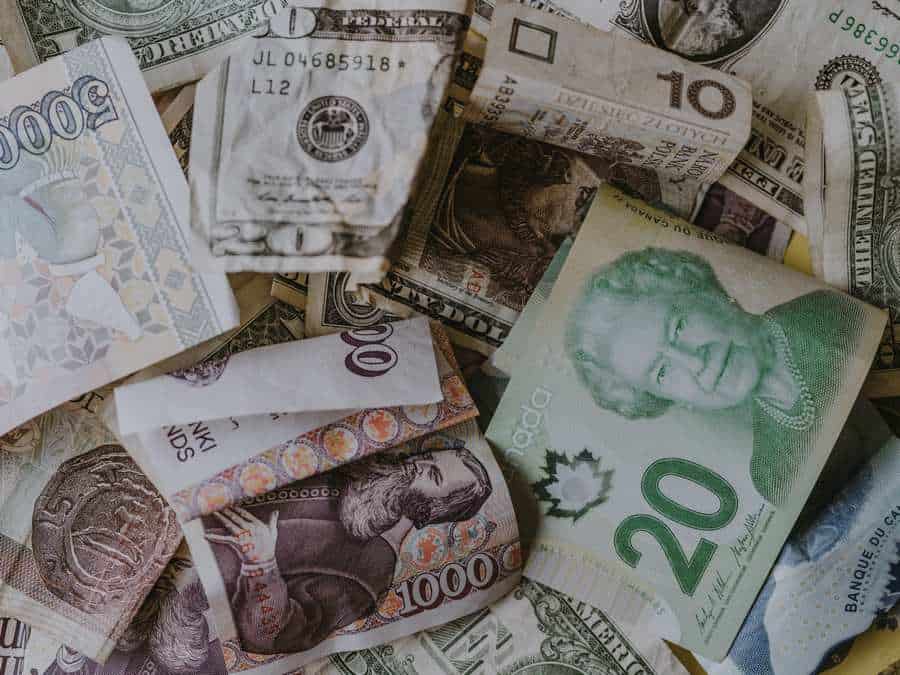
Look For Unique Souvenirs, Not Mass Produced Ones
If you are shopping around and looking at the different stalls and notice that the same product is in lots of different places, it is likely that this product has been mass-produced and is not an authentically made craft.
It is likely that the souvenir has not even been made in the country that you are in. Keep your eye out for locally made creations.
What Souvenirs To Avoid When Shopping Ethically
There are souvenirs that you should stay away from, even if it is labelled as a natural product. It is important to consider the bigger picture here: how the land, animal, or environment is impacted by creating this souvenir. Let’s explore what souvenirs to avoid if you want to be an ethical souvenir shopper.
Souvenirs Made From Animals
There are a variety of souvenir items that are made from animal parts. This is common and familiar for some cultures to use the skin, fur, and meats for survival means and religious or ritual purposes. However, if you are aware of souvenirs that are made unethically, avoid them as you do not want to support this.
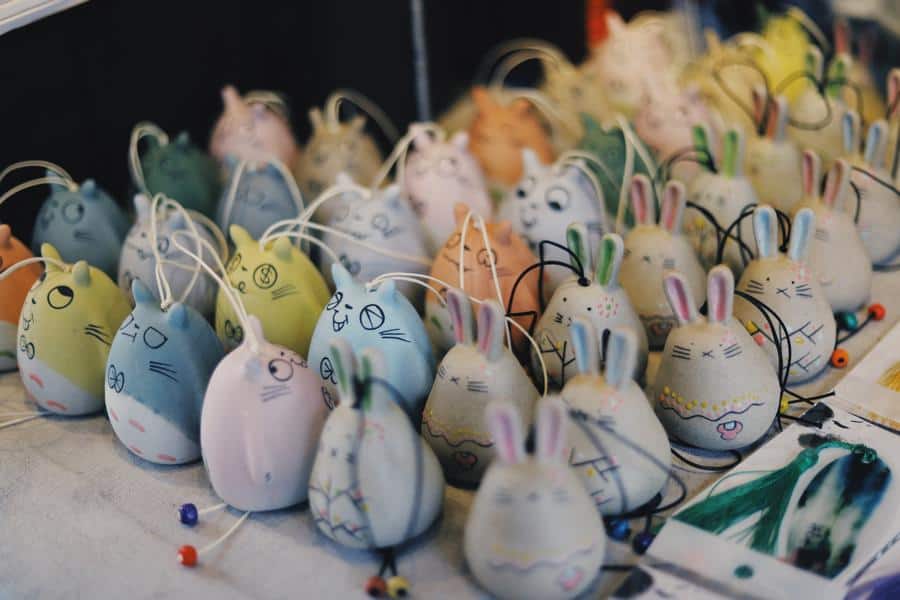
Coral And Seashell Souvenirs
Corals are often taken to create souvenirs such as decorations and trinkets. However, it is important to remember that coral is actually an animal, and their numbers are declining, and are a very important part of the ecosystem. Seashells house animals, and if we keep taking particular shells from the ocean, they can become extinct.
Both corals and shells are beautiful, but we need to consider what we are affecting when we keep buying these products. As long as tourists buy them, people will keep stealing these items in order to make money regardless of whether it is ethical and sustainable or not.
Animal Fur For Clothing Or Products
Furs tend to be a well-known item that conscious shoppers stay away from. Many fur items are made from animals that may be wild and endangered. Some animals are kept in terrible conditions and are skinned alive. Animal furs are often used in clothing, accessories, and other souvenirs all around the world.
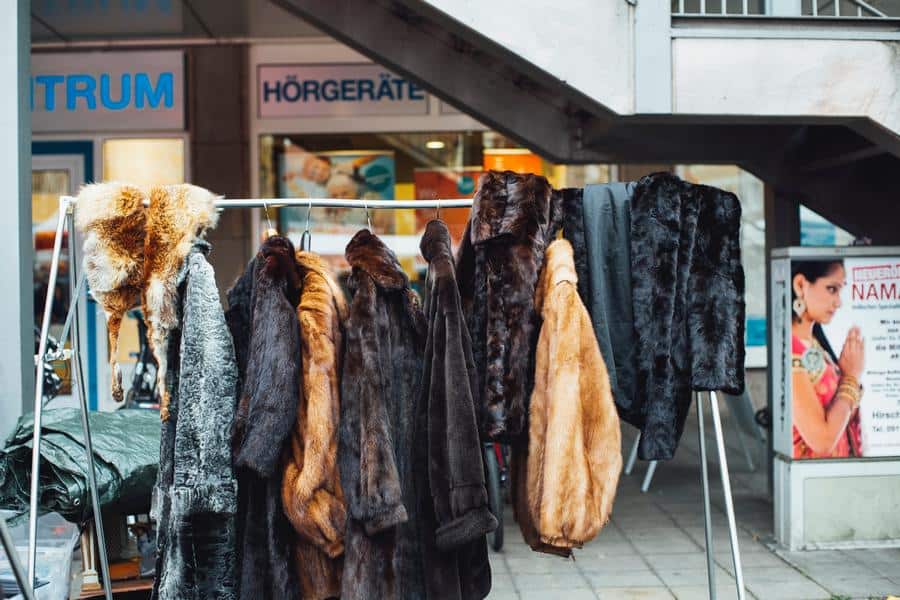
Reptile Skin Accessories
As you travel, you will find handbags, hats, shoes, belts, drums, and other items made from the skins of reptiles such as crocodiles and snakes. Snakes are often killed just for their skin and lots of crocodiles are bred in overcrowded farms and not ideal environments and are then killed for their skin and meat.
As ethical souvenir tourists, it is so important that we do not encourage this activity and instead should want the reptiles to be left in their natural habitat, where they can live freely. There are lots of other cool patterned and textured ethical fabrics and materials available for us to choose from.
Ivory And Animal Bones
Ivory and other bones from animals should be avoided when souvenir shopping. Poaching of animals and extinction of animals is linked to these products being sold or made into souvenirs therefore, it is definitely not ethical.

Rare Woods
Over-harvesting rare woods disrupts the ecosystem, so be mindful when buying wooden souvenirs. If you are unsure what wood something is, ask what wood the product is made out of and ensure it is not a wood that is rare.
Tortoise Shells
Although tortoise shells have an amazing pattern and colour on them, buying them in most countries is illegal to transport, buy and sell. However, unfortunately, this does not mean that people have stopped hunting them, tortoises are critically endangered.
You may come across souvenirs that contain tortoise shells, such as jewellery and other intricate pieces.
Animal Teeth
It is best to avoid animal teeth when buying souvenirs, especially teeth that have been from freshly killed animals such as sharks. If the teeth have been fossilized after the animal is dead for a long time and it has been found, that is okay, but you do not want to encourage the killing of animals for their teeth.
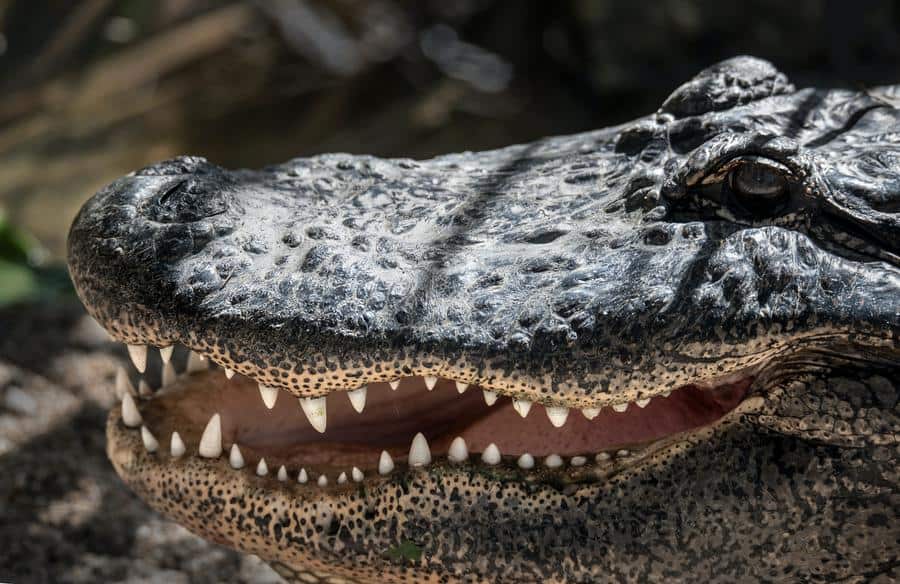
Synthetic Materials
If you are buying cheap, synthetic clothing to have or give away as a souvenir, it would be a good idea to reconsider. These materials are not good for the environment and may have been made by people in poor or slave-like conditions.
Live Plants
There has been an increase in people stealing live plants from the land for the purpose of selling and earning a profit. This can cause harm to the environment and if you are bringing the plant back home, it could cause disease or pests to your other plants at home.
From this list of things to avoid when souvenir shopping sustainably, you can see that there is quite a lot to look out for. Over time, you will come to know what products align with your ethical values and what do not.

The Ethical Issues Within The Tourism Industry
The issues listed below can also link to and impact the souvenirs that tourists buy, as we do not know the whole story and chain of events that came before the product. Ask questions and get to know the people that you are buying from. Want to know the history and story behind what you buy.
- Uneven distribution of income
- Unequal access to services and facilities
- The exploitation of children and women
- Animal welfare
- Environmental destruction
- Cultural appropriation
4 Reasons Why People Buy Souvenirs
Here are four reasons why people buy souvenirs. For some people, there may be just one reason and for others, there may be a mix of reasons.
Use-Value
- To use as a memento of the tourist experience
- For utilitarian use of everyday life both while on holiday and to use back at home
Exchange Value
- For the price
- For investment purposes where they expect to gain a higher price for it in the future
Sign Value
- For social status gaining and prestigious purposes
- For collecting rare, unique, and authentic souvenirs
Spiritual Value
- For the empowerment of religious faith
- For the belief that some souvenirs have supernatural powers such as healing and protection abilities
By looking at these four reasons, we can have a deeper understanding of why tourists buy souvenirs for themselves, but it is important to ask ourselves what else am I impacting and affecting by this purchase.
Humanity must consider ourselves as one with all people, the environment, and the animals. In turn, we will not only think about ourselves and what we get from something but also how the whole system is being affected by our every move.
We can then begin to be more in harmony and balance with the world around us and create a positive change moving forward.
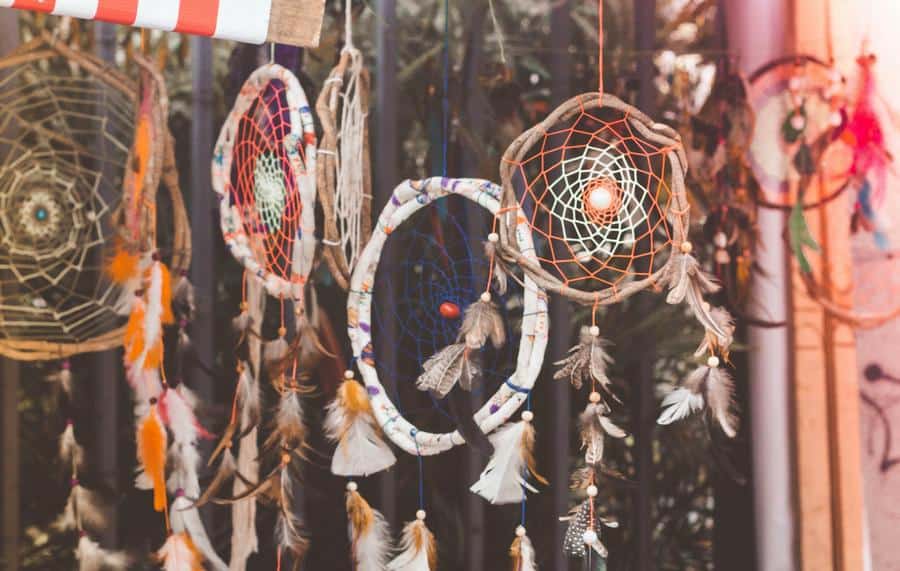
Frequently Asked Questions
1. Why Do Tourists Buy Souvenirs?
Some tourists buy souvenirs as proof or evidence that they have travelled to a particular city or country. Other travellers buy souvenirs so they can give a loved one a gift from their travels or keep themselves as a memento so they can remember special moments that they had.
2. What Is An Example Of A Piece Of Clothing That Is Unethical?
In Peru or Tibet, you may find a traditional woven shawl. You would want to avoid buying this for yourself or for a loved one as the wool comes from the Tibetan antelope (chiru) which is an endangered species. These animals are endangered due to people continuously buying these shawls, which are unnecessary for tourists to do.
3. What Are Some Best Selling Souvenirs?
Some popular souvenirs tourists buy include keychains, plush animals, clothing, fridge magnets, jewellery, photo frames, ornaments, and accessories.
Final Words
Ethical souvenir shopping is so important if we want to protect and enhance the well-being of the local communities that we travel to, as well as the animals and the environment. It is crucial that tourists begin to shop more ethically and sustainably for the longevity of our ecosystem.
Resource Links To Products We Use And Recommend
More Pages On Other Areas
There’s been a steady rise in interest in cruise ships worldwide. With everyone wanting to see what all the chatter’s about, many are first-timers. So, if you’re one of those individuals and...
There are always risks where there is money involved, and renting a car is no exception. Even though you are only paying for a car temporarily, you should always be aware of the risks before handing...


